iceCOVID-19 is a global pandemic and research is the key to tackle it. Researchers from across the world are coming together to work towards a vaccine and better treatment. Experts in fields such as economics and mental health are looking into the effects of quarantine and how we can enter a new normal.
Of course, there are many sensitive stages when presenting research and findings to a global community. It is vital that meaning is not lost in translation. As academics come together across the world, the accurate translation of work, research and presentations becomes very important. The best minds in the world should be able to do their work unhindered by language barriers.
You might assume that numbers and quantitative data are easier to translate. Numbers can be considered harder to misconstrue or misinterpret. The real challenge, though, is when findings and results start to be discussed and interpreted. Language barriers can present problems as there is another level of interpretation needed. The message from the original text needs to be maintained.
To make sure that research is not lost through language barriers, you should bring in translation at the earlier stages. Working and writing in English can lead to thinking in English. This can restrict the ability to consider how best to describe and interpret aspects in different languages.
Furthermore, a higher awareness of different languages and cultures from the beginning can help inform how best to communicate moving forward. D
DA Languages and professional research translation
DA Languages has been providing expert translation services in research for the past 25 years. Over this time, DA Languages has worked with universities and academics to support the translation of materials. We have worked with research teams from start to finish and know how to produce quality academic and scientific translation.
We work collaboratively with our clients in order to ensure they have all the language support they need. This is vitally important for research. The more understanding a translation team has of the subject matter, the better the translation.
DA Languages works with translators who have experience with research and findings across many different subject matters. As part of this, we will always work to match the linguist to the research, based off their previous experience. We will always work to facilitate open conversations in order to make sure we can provide the best translation and maintain the original meaning and intent.
Supporting the sharing of research with transcreation
Moreover, translation is not the only service that can assist with translating research and findings into different languages. Transcreation is a great service to work alongside with translation when needed. The service comes into play when phrases and words do not have a direct translation in another language. Instead, an alternative term is needed to produce the same meaning.
Our linguists are greatly skilled and experienced in transcreation. It can be the expertise that makes research teams and their materials enter the world stage.
Naturally, the translation of documents, findings and materials is helpful throughout the research process and publication. However, what with prevalent remote working, there are other challenges taking place when working with international teams.
Working collaboratively, wherever you are
DA Languages provides excellent remote language services including telephone and video interpreting services. These can assist with online meetings and conference calls while still remaining safe during the lockdown.
All our remote services are available 24/7 and allow you to connect to a linguist within seconds. Of course, you can also pre-book our remote interpreting services.
What’s next for academic translation?
Overall, during these uncertain times, the more understanding we have of the current situation, the more we can help everyone know how to best take care of themselves and others.
Translation plays a huge role in reaching audiences and communities across the globe and even within the UK. Over 2 million people in the UK do not speak English as their first language. Therefore, it is important to remember that translation not only helps those understand across borders but also within our own country.
During this pandemic, we want to come together and work together in any way we can. DA Languages is proud to support the great work being done by the NHS, local councils, central government and, of course, academic researchers. We would like to say thank you to all those working on the front line and helping to understand and prevent this kind of thing from happening again.
If you are interested in our services and would like to know more please email enquiries@www.dalanguages.co.uk and we’ll be happy to see how we can help!



